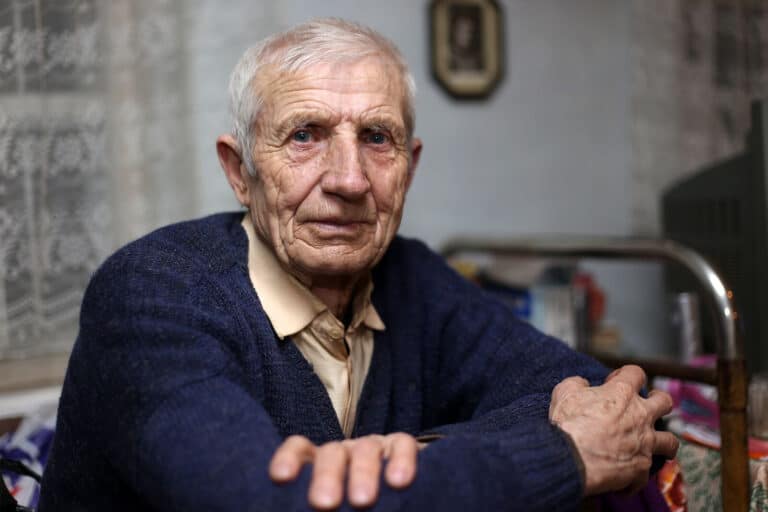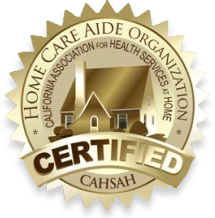Senior Care Tips: Many people only think of a person losing their memory with Alzheimer’s disease.
The truth is there are many non-cognitive changes that your elderly loved one might experience if they have this disease. Being able to recognize these changes early on can help your elderly loved one to get control of their disease. While there isn’t a cure for it, reducing and slowing down the symptoms are great senior care tips that can help a lot.
Becoming Aggressive
One of the non-cognitive changes that you or elder care providers might notice in your loved one is that they are getting aggressive. Many people who have this disease will be physically or verbally abusive. Your elderly loved one might push, hit, or scream at you or others that care for them. If this is happening, it is important to find the cause. Sometimes, it could just be that your loved one is having a tough day. However, if it is happening regularly, it could be a sign of Alzheimer’s disease.
Repeating Themselves
Have you recently noticed that your loved one repeats most of the things they say? People who have Alzheimer’s disease often say the same things over and over. They are trying to stick with things that are comfortable and familiar to them. If your elderly loved one asks you the same questions time and time again, answer them. This can help to reassure your loved one. If it becomes too much to handle every day, don’t worry. You can have elder care providers step up to care for your loved one. Then, you can visit them when you want to.
Disruptions in Sleep
Another symptom of Alzheimer’s disease is disruptions of sleep. There are many reasons why people with this disease experience sleep-related issues. Some of the causes include sundowning, stress, anxiety, and confusion. If your elderly loved one is having too many sleep issues, you might want to have home care providers take care of them during the day. These providers can get your loved one to exercise at the right times in the day, so they can feel more tired when it is bedtime.
Senior Care Tips: Conclusion
These are just some of the many non-cognitive changes that may signify Alzheimer’s disease. If you suspect your loved one has this disease, you should have them see a doctor. While there isn’t a cure for the disease at this time, the sooner your elderly loved one gets a diagnosis, the sooner the disease can be managed. If your elderly loved one does get an Alzheimer’s disease diagnosis, make sure you keep up with these senior care tips by keeping in contact with their doctor about any changes that are happening. This can help the doctor with changing the treatment plan when needed.
If you or an aging loved-one are considering hiring Senior Care in Oakland, CA, contact the friendly staff at Home Care Professionals today.
Call (866)-940-485
Sources
https://pubmed.ncbi.nlm.nih.gov/28876969/
- Helping Seniors Manage the Physical Effects of Loneliness - May 29, 2025
- The Importance of Eating Well for Alzheimer’s Patients - May 19, 2025
- Why Dry Feet Are Dangerous in the Elderly - May 14, 2025




